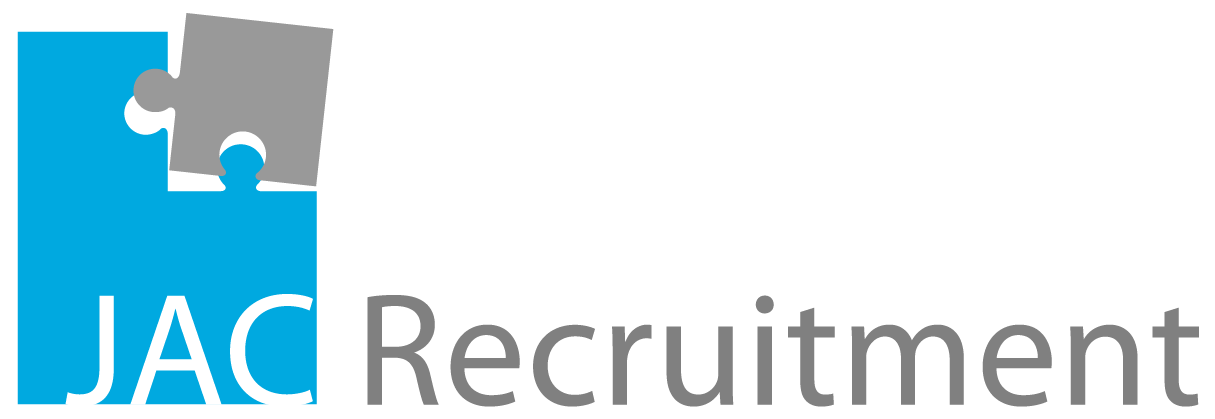With Quiet Quitting becoming a prominent topic in HR, only 15% of employees worldwide feel engaged at work, according to TeamStage Motivation Statistics 2024. In today's competitive business world, keeping employees motivated and engaged is more crucial than ever. While financial incentives are often the first thing that comes to mind, non-financial rewards can be just as, if not more, effective in creating a positive work culture and boosting employee satisfaction, and those improve retention of the organisation. Focusing on these non-monetary strategies, organisations can make employees feel valued and motivated to give their best. Here are five non-financial rewards that can really make a difference:
1. Daily Recognition and Praise
Daily recognition and praise from their manager are incredibly powerful motivators that can significantly boost employee morale. Regularly acknowledging employees' hard work and achievements makes employees feel valued and appreciated. This not only enhances their sense of accomplishment but also encourages them to continue performing at their best.
2. Professional Development
Investing in employees' professional development is a win-win for both the organisation and its workforce. Offering opportunities for growth, such as training programs, workshops, and conferences, shows employees that the organisation is committed to their future. This not only helps employees acquire new skills and knowledge but also increases their loyalty and engagement with the company.
3. Flexible Work Arrangements
Flexible work arrangements are increasingly becoming a key factor in employee satisfaction. Allowing employees to have flexible hours or the option to work from home can greatly improve their work-life balance. This flexibility can lead to higher job satisfaction, reduced stress, and increased productivity. By accommodating employees' personal needs, organisations can create a more supportive and inclusive work environment.
4. Career Advancement Opportunities
Providing clear paths for career progression and promoting from within can be highly motivating for employees. When employees see that there are opportunities for advancement, they are more likely to stay committed and work towards achieving their career goals within the organisation. Regularly discussing career aspirations and providing mentorship can further support employees in their professional journey.
5. Autonomy and Responsibility
Empowering employees with more control over their work and decision-making can significantly enhance their sense of ownership and motivation. When employees are trusted with autonomy and responsibility, they are more likely to take initiative and feel empowered in their roles. This not only boosts their confidence but also fosters a culture of innovation and accountability.
Conclusion
Non-financial rewards play a crucial role in creating a motivated and engaged workforce. Through recognising and praising employees, investing in their professional development, offering flexible work arrangements, providing career advancement opportunities, and granting autonomy and responsibility, organisations can build a positive work environment that encourages employees to thrive. These rewards not only enhance employee satisfaction but also contribute to the overall success of the organisation. The most important thing is to care for employees' careers and lives and provide supports where it is possible.
Ready to transform your workplace? Start implementing these non-financial rewards today and see the difference in your team's motivation and productivity. Attract and retain top talent by setting your organization apart. Contact us to learn more about creating a supportive and engaging work environment.

.png)
